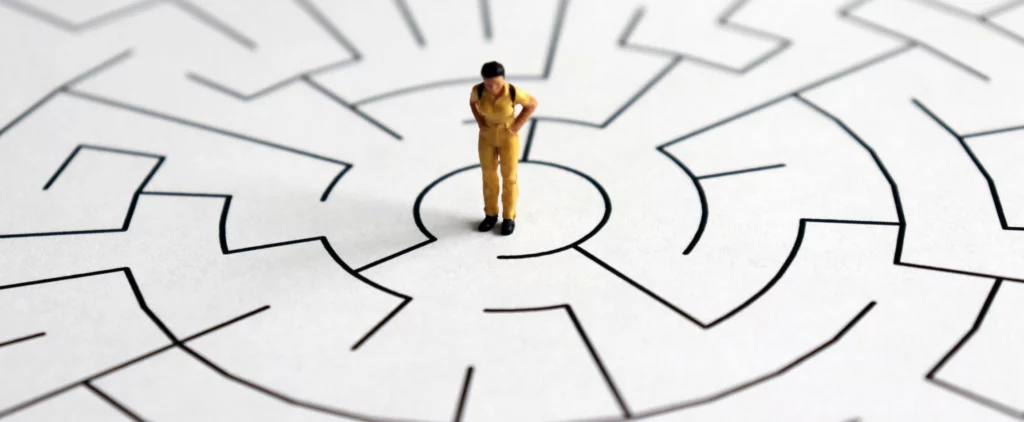 A Deed Of Variation Can Legally Change The Way A Deceased’s Assets Are Distributed. Deed of Variation How Can It Help Scotland?
A Deed Of Variation Can Legally Change The Way A Deceased’s Assets Are Distributed. Deed of Variation How Can It Help Scotland?
The legal definition of a will is “a legal document in which the person declares their intention as to what should happen to their estate after their death,” so it’s not surprising that most people believe that a person’s Will is final and cannot be altered following their death. However, using a legal document known as a deed of variation, beneficiaries are able to alter the distribution of a deceased person’s estate.
Why use a deed of variation?
If all affected beneficiaries to an estate consent, then a variety of changes can be made to the distribution of an estate – even where the person who died did not make a Will during their lifetime. Some of the possible changes include adding or removing a beneficiary, or adjusting the share of the estate given to each beneficiary. This will typically happen when the beneficiaries believe that the distribution of assets results in an unfair outcome or does not accurately reflect the intentions of the deceased. It can also be used to correct any mistakes or ambiguities.
The advantages of a deed of variation are that it allows beneficiaries to make changes to the Will without the need for costly and time-consuming legal proceedings. Additionally, any changes made to a will can allow beneficiaries to redistribute assets in a more tax efficient manner.
If, however, a deed of variation is used to gift a proportion of the deceased’s estate to a registered charity, the amount bequeathed will be exempt from Inheritance Tax. Further, if the gift represents at least 10% of the deceased’s estate, then the rate of Inheritance Tax is reduced from 40% to 36% on the rest of the estate.
Like charities, a deceased person’s spouse or civil partner are also exempt from Inheritance Tax as these individuals are classed as exempt beneficiaries. Therefore, a deed of variation could also be used to split assets between non-exempt beneficiaries and exempt beneficiaries – again, reducing the amount of payable Inheritance Tax.
Are there any difficulties in using a deed of variation?
There are potential difficulties with a deed of variation. In particular, they can be seen as challenging the original intentions of the deceased. Therefore, it is important to ensure that the deed of variation is created in a manner that reflects the deceased’s true intentions and is not the result of any undue influence or coercion. Another difficulty is that getting unanimous agreement between all beneficiaries can be problematic, especially if there are any on-going disputes, or a significant number of beneficiaries.
How to create a deed of variation
The process of creating a deed of variation is relatively straightforward as long as all affected parties consent to the changes. For a deed of variation to be valid in Scotland, it must meet the following legal requirements.
- It must be in writing.
- It must be signed by all parties to the deed.
- It must be witnessed
- It must not be created in a way that goes against the original will.
- It must be completed within two years of the deceased’s death.
- It must not be done under duress or undue influence.
Looking to the future, it is likely that deeds of variations for wills will continue to be an important part of estate planning. As families become increasingly complex, and tax laws continue to change, the need for flexibility and adaptability in estate planning is essential.
Deeds of variations for wills are a useful legal tool that can be used to modify the terms of a deceased person’s will. They offer a convenient and tax-efficient way to redistribute assets and reflect changing circumstances without having to go through the Confirmation/probate process again. However, it is important to ensure that they are created in a manner that reflects the deceased’s true intentions and complies with all legal requirements. As such, it is always advisable to seek the guidance of legal professionals when creating a deed of variation of an estate.
If you have any questions or would like to discuss a particular issue that may be resolved with a deed of variation, contact us today on 0141 628 5544, email info@weirlaw.co.uk or Make An Online Enquiry and we’d be delighted to talk with you.
